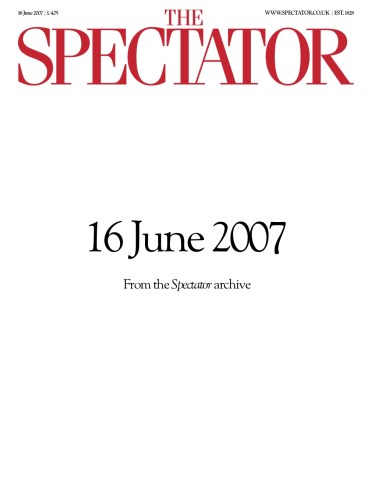The odd couple
The more you reflect on the Clintons’ story, the more remarkable it becomes. A boy and a girl meet at a prestigious Ivy League law school, fall in love not so much with each other as with the concept of themselves as a couple, leave their sophisticated world to go back to his Southern backwater

